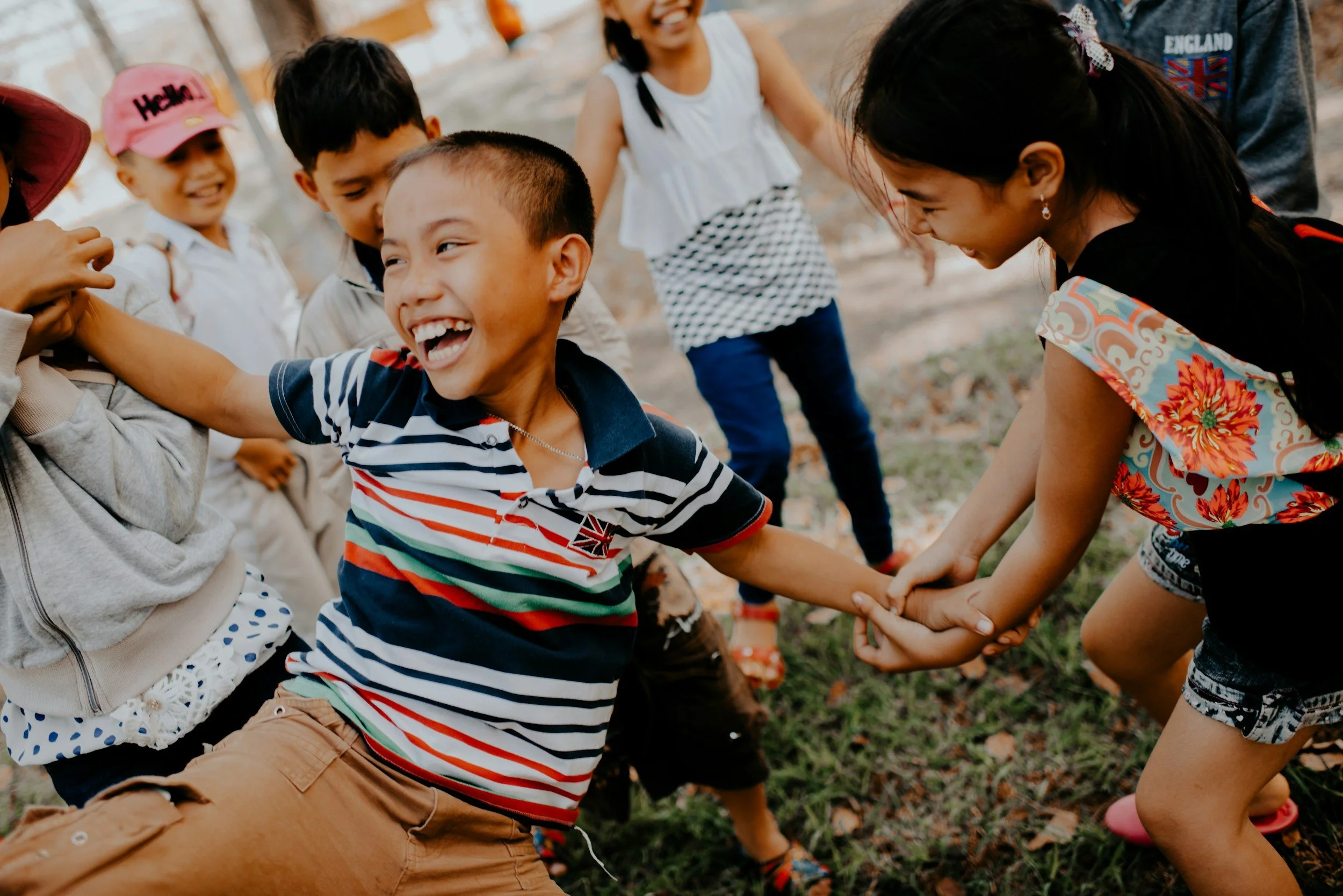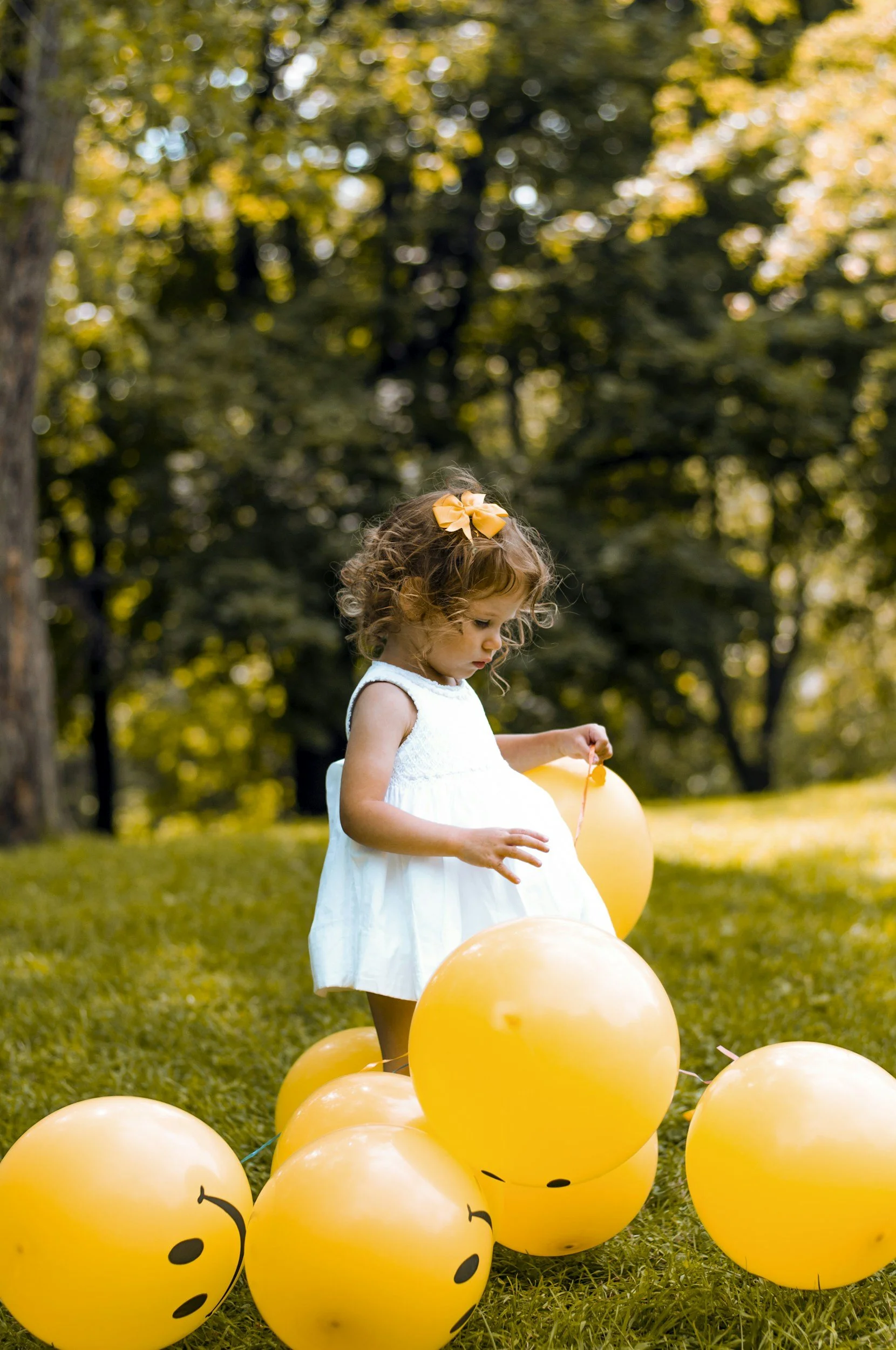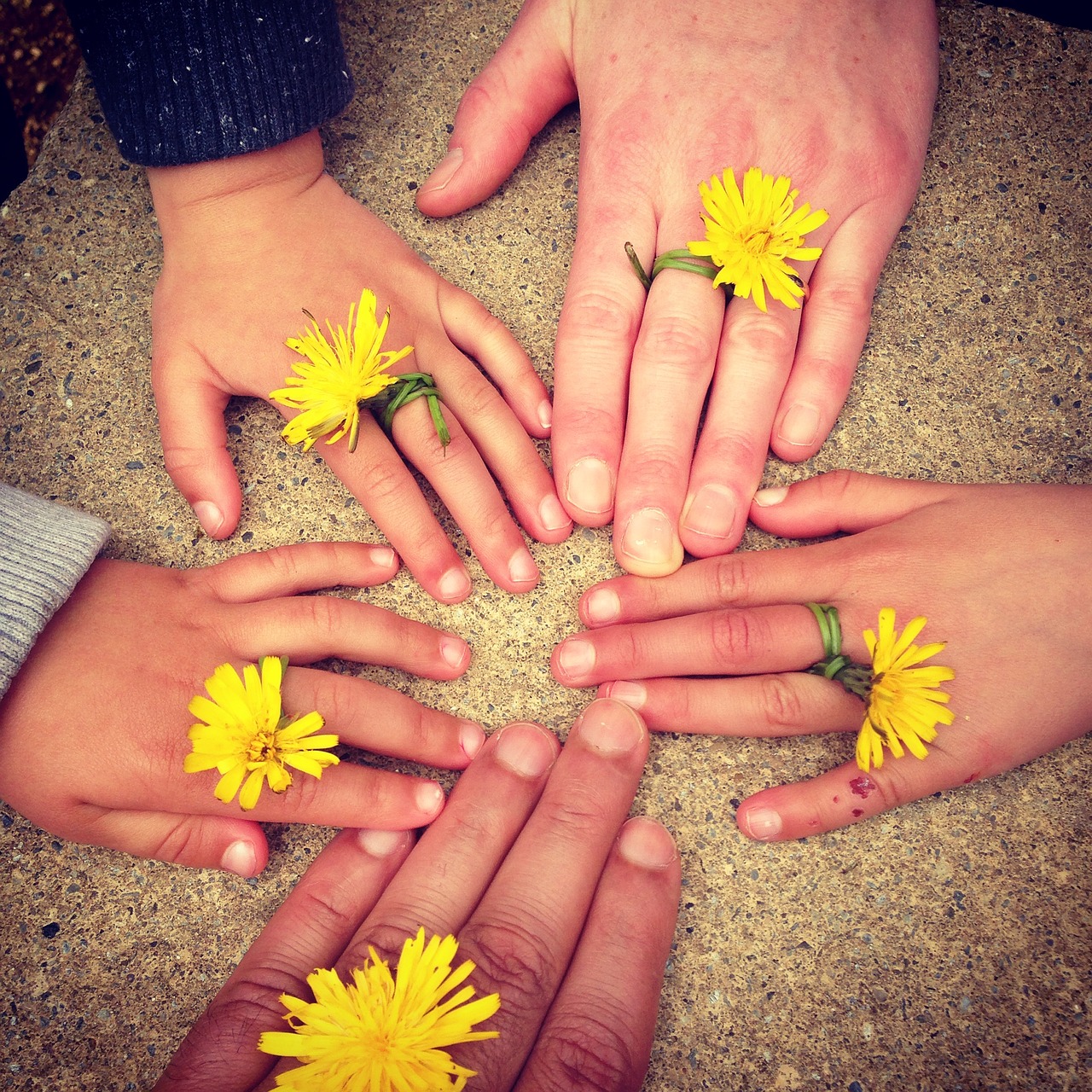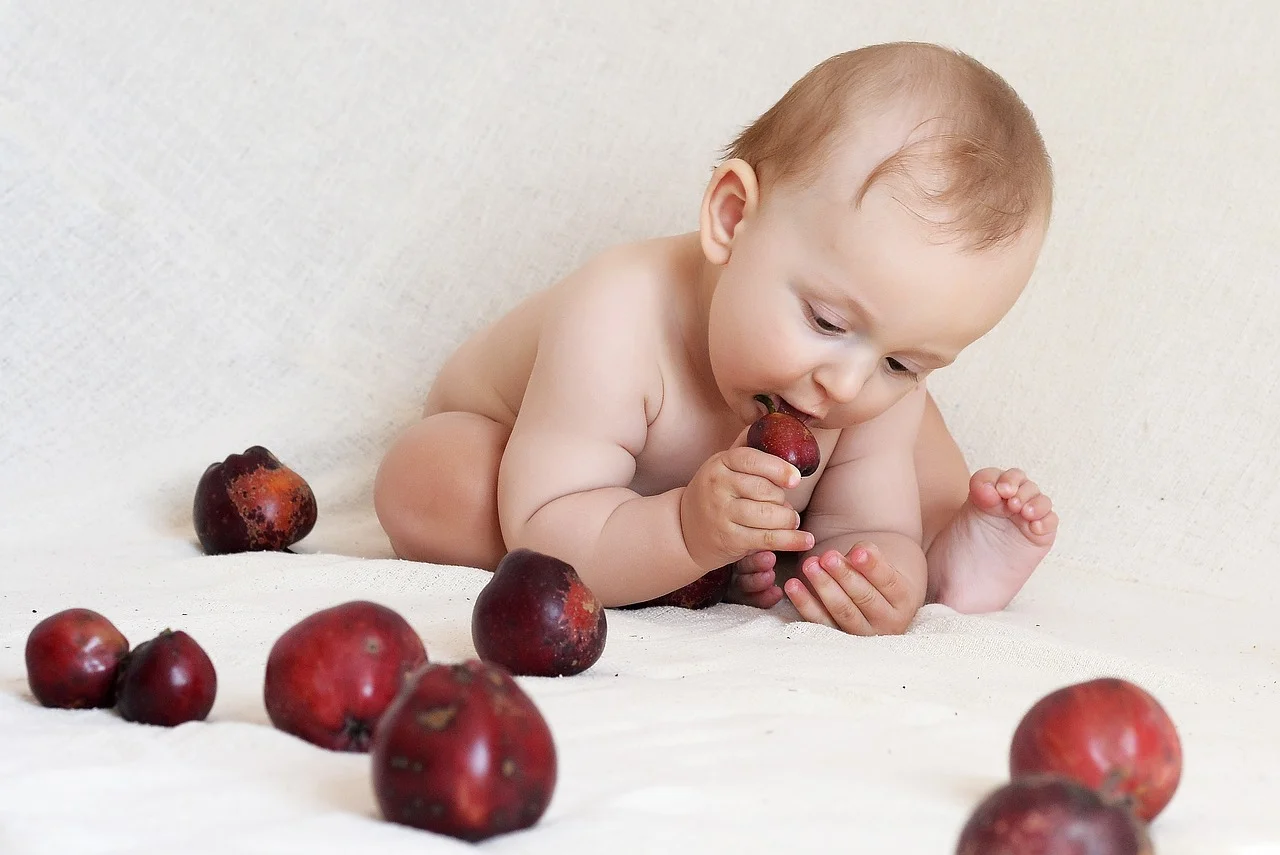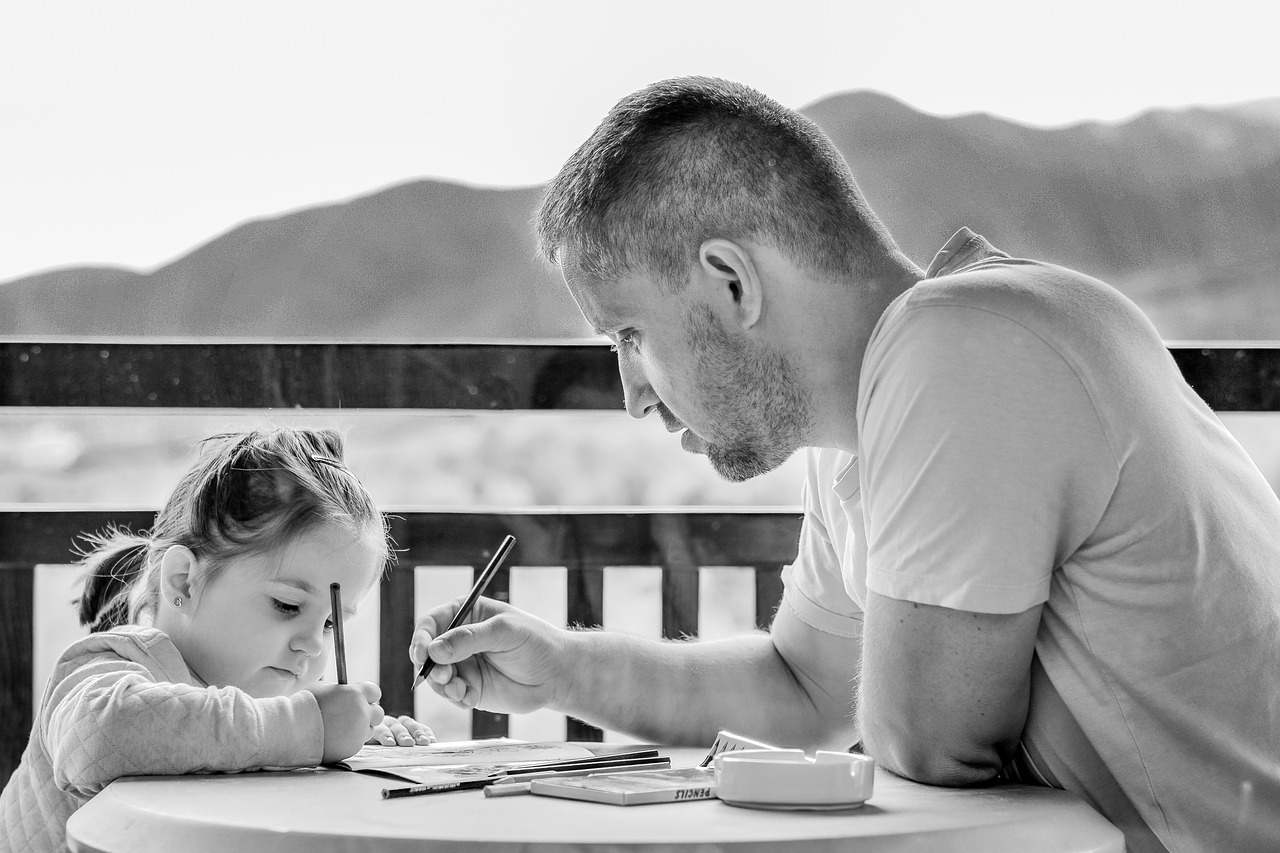2025
2022
2021
2020
A. Gopnik, W. Frankenhuis & M. Tomasello (eds.) (accepted) Life history and learning Special Issue of the Philosophical Transactions of the Royal Society B.
M. Goddu, T. Lombrozo, & A. Gopnik. (In press). Transformations and transfer: Preschool children understand abstract relations and reason analogically in a causal task. Child Development.
M. Goddu, & A. Gopnik. Learning what to change: Young children use ‘difference-making’ to identify causally relevant variables. (in press.), Developmental Psychology
E. Liquin & A. Gopnik. Learning from approach-avoid decisions: Children explore and learn more than adults. Under review.
A. Gopnik. Childhood as a solution to explore-exploit tensions. (Under revision). Philosophical Transactions of the Royal Society (B)
E. Bonawitz, C. Walker, J. Abbot, & A. Gopnik. Preschoolers search semantic networks in a broader and more variable way than adults: Implications for hypothesis generation. Under revision, Cognition.
D. Buchsbaum,; E. C. Tecwyn; A. Whalen, E.M. Messer; E.L.F. Bryant, T. L. Griffiths, Griffiths, A. Gopnik, A.M. Seed, Children, but not capuchins, rationally integrate social and physical information when deciding which actions to copy. Under revision, Psychological Science
N. Vasilyeva, M. Srinivasan, M. E Ellwood-Lowe, S. Delaney, A. Gopnik, & T. Lombrozo Structural explanations lead young children and adults to rectify resource inequalities. Under revision, Child Development.
Z. C. Irving, V. Pinter, A. Gopnik, and C. Sripada. What Does “Mind-Wandering” Mean To the Folk? An Empirical Investigation. Under revision. Cognitive Science
A. Ruggeri, C. Walker, T. Lombrozo and A. Gopnik. Effects of scaffolding on the type and informativeness of preschoolers’ questions. Submitted.
E. Schulz , M. Pelz, A. Gopnik. A. Ruggeri Preschoolers search longer when there is more information to be gained. Submitted.
C. Walker, J. Walker , & A. Gopnik. Toddlers Generalize Abstract Representations of Same and Different. Submitted.
2019
L. Bass, A. Gopnik, M. Hanson, D. Ramarajan, P. Shafto, H. Wellman, & E. Bonawitz (2019) Pedagogy and Theory of Mind: The relationship between children’s teaching and their reasoning about others. Developmental Psychology, 55. 2, 286-302. doi: 10.1037/dev0000642.
A. Ruggeri, N. Swaboda, Z. Lin, & A. Gopnik. (2019). Preschoolers adapt their exploratory strategies to the statistical structure of the task Cognition, 193,104013. doi.org/10.1016/j.cognition.2019.104013.
A. Gopnik. (2019). Life history, love and learning. Nature Human Behaviour, News and Views. doi: 10.1038/s41562-019-0673-8
E. Bonawitz, T. Ullman, S. Bridgers, A. Gopnik, & J. Tenenbaum. (2019). Sticking to the evidence? A behavioral and computational case study of micro-theory change in the domain of magnetism. Cognitive Science. DOI: 10.1111/cogs.12765
A. Wente, M. Goddu, T. Garcia, E. Posner, M. Flecha, A. Gopnik. (2019). Young children are wishful thinkers: The development of wishful thinking in 3-to 10- year-old children. Child Development. DOI:10.1111/cdev.13299
2018
K. Kimura and A. Gopnik (2018). Rational higher-order belief revision in young children. Child Development. DOI: 10.1111/cdev.13143
N. Vasilyeva, A. Gopnik & T. Lombrozo. (2018) The development of structural thinking about social categories. Developmental Psychology. 64, 9 pp 1735-1744. DOI: 10.1037/dev0000555
A. Nematzadeh, K. Burns, E. Grant, A. Gopnik, T. L. Griffiths (2018). Evaluating Theory of Mind in Question Answering. Proceedings of the 2018 Conference on Empirical Methods in Natural Language Processing, pages 2392–2400 Brussels, Belgium, October 31 - November 4, 2018. c 2018 Association for Computational Linguistics
K. Burns, A. Nematzadeh, E. Grant, A. Gopnik, T. L. Griffiths (2018). Exploiting attention to reveal shortcomings in memory models. Proceedings of the 2018 EMNLP Workshop BlackboxNLP: Analyzing and Interpreting Neural Networks for NLP, pages 378–380 Brussels, Belgium, November 1, 2018. c 2018 Association for Computational Linguistics
2017
For the most up-to-date list of publications, please click here to visit Dr. Gopnik's website
2016
2015
Kushnir, T., Gopnik, A., Chernyak, N., Seiver, E., & Wellman, H. M. (2015). Developing intuitions about free will between ages four and six. Cognition, 138, 79-101.
Waismeyer, A., Meltzoff, A. N., & Gopnik, A. (2015). Causal learning from probabilistic events in 24‐month‐olds: an action measure. Developmental science, 18(1), 175-182.
2014
Sweeny, T., Wurnitsch, N., Bridgers, S., Gopnik, A., & Whitney, D. (2014). Ensemble perception of size in 4-5 year-old children. Journal of Vision, 14(10), 700-700.
Bonawitz, E., Denison, S., Gopnik, A., & Griffiths, T. L. (2014). Win-Stay, Lose-Sample: A simple sequential algorithm for approximating Bayesian inference. Cognitive psychology, 74, 35-65.
Bonawitz, E., Denison, S., Griffiths, T. L., & Gopnik, A. (2014). Probabilistic models, learning algorithms, and response variability: sampling in cognitive development. Trends in Cognitive Sciences, 18(10), 297-500.
Gopnik, A., & Kushnir, T. (2014). The Origins and Development of Our Conception of Free Will. In A. Mele (Ed) Surrounding Free Will. Oxford University Press
Lucas, C. G., Bridgers, S., Griffiths, T. L., & Gopnik, A. (2014). When children are better (or at least more open-minded) learners than adults: Developmental differences in learning the forms of causal relationships. Cognition, 131(2), 284-299.
Lucas, C. G., Griffiths, T. L., Xu, F., Fawcett, C., Gopnik, A., Kushnir, T., ... & Hu, J. (2014). The child as econometrician: A rational model of preference understanding in children. Cognition.
Taylor, A. H., Cheke, L. G., Waismeyer, A., Meltzoff, A. N., Miller, R., Gopnik, A., Clayton, N., & Gray, R. D. (2014). Of babies and birds: complex tool behaviours are not sufficient for the evolution of the ability to create a novel causal intervention. Proceedings of the Royal Society B: Biological Sciences, 281(1787), 20140837.
Walker, C. M., Ganea, P. A., & Gopnik, A. (2014). Learning to Learn from Stories: Children’s Developing Sensitivity to the Causal Structure of Fictional Worlds. Child Development.
Walker, C. M., & Gopnik, A. (2014). Toddlers infer higher-order relational principles in causal learning. Psychological science, 25(1), 161-169.
Walker, C. M., Lombrozo, T., Legare, C. H., & Gopnik, A. (2014). Explaining prompts children to privilege inductively rich properties. Cognition, 133(2), 343-357.

